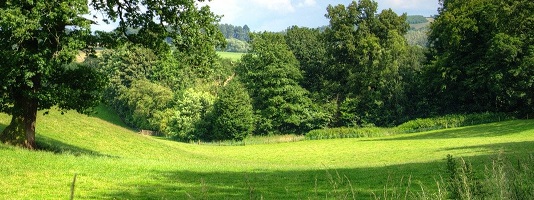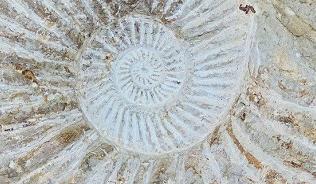Since the start of summer 2020, the IES has been working to bring together expertise from across the environmental sciences on the subject of land and soil management. In addition to our call for engagement from members back in July, we have also been working with a group of experts from different environmental science specialisms to draw together the best available evidence from existing reports, articles, and publications. After several months of research and consolidation, the IES is now ready to publish the outcome of this work.
Our latest policy report: “Sustainable, healthy, and resilient: Practice-based approaches to land and soil management” brings together the collective knowledge of the sector in a clear and direct format, with the goal of sharing learning from the environmental sciences with a policy audience.
The message of the report is simple: poor management of land and soil is a problem for everyone in society. Without action, we are likely to face crises for our climate, for our natural environments, for the resilience of our communities to flood risk, for our health and the security of our food, and for our ability to buffer natural systems against long-term vulnerabilities.
A better way forward is possible and the key to unlocking that future is to build it from the ground up, which requires us to start by looking at land and soil, ensuring that we have a foundation which is sustainable, healthy, and resilient.
Read the report
For more information, read the report and its recommendations right here on the IES website.
What next?
Much as the effects of poor soil health affect everyone, we also all have a role to play in working to improve the situation. The IES is already speaking directly to key stakeholders and policy-makers to make the case for sustainable, healthy, and resilient soils, but you can show your support as well.
Share the report on social media by re-tweeting our launch on Twitter, or sharing our LinkedIn post, and get involved by tweeting us (@IES_UK) using the hashtag #SustainableSoil and telling us why you think we need to follow the science on land and soil.



